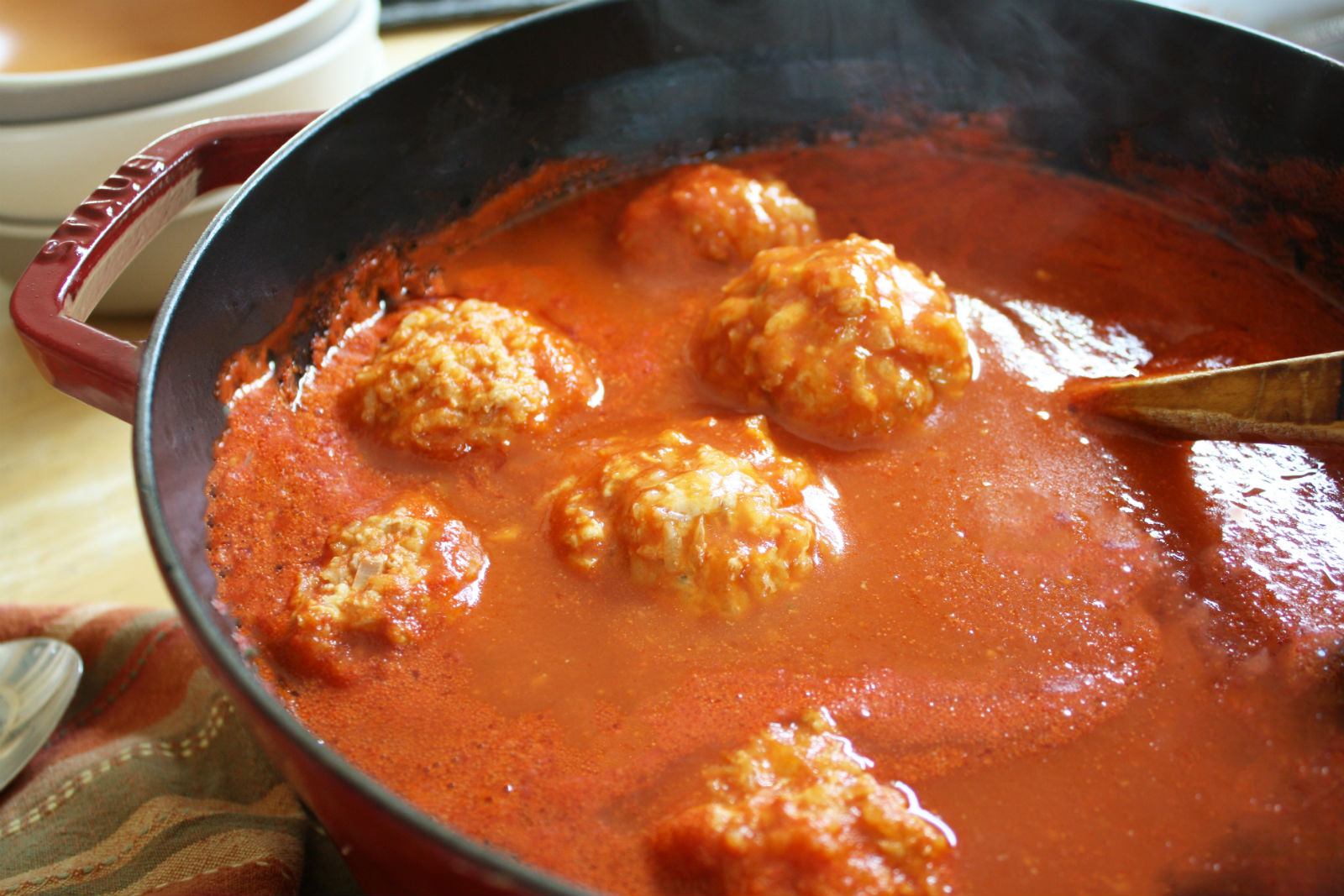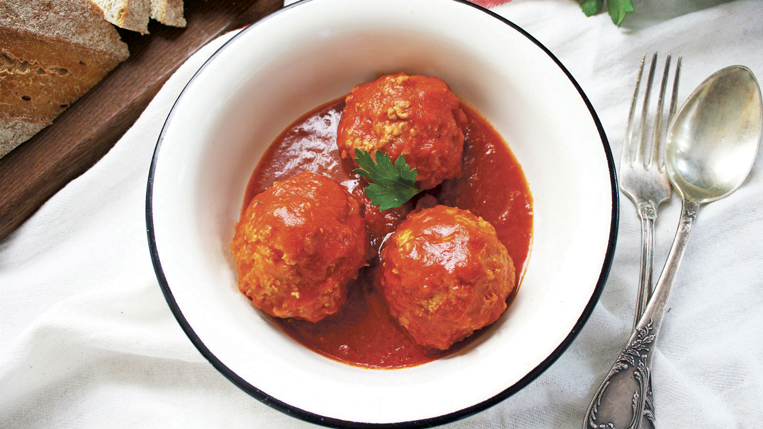Shtisel Fan club Seasons 1 2 3 free range discussions. Spoiler alert. Episodes content inside. :)
Anonymous
I see. |
Anonymous
|
Anonymous
|
Anonymous
|
Can someone please explain to me about the roles of the men. For instance, Akiva is a painter, Lippe works in the restaurant and catering, Dov's character is the head of a school.
But Hanina, and (guy who got locked in the car), and (Ruchmani's younger brother with the mole) are studying. Guy-who-got-locked-in-the-car is pretty old now, and his wife is clearly insanely overworked. It seems like there will be no end to these three men's studies. I don't understand the dynamic. So are the women okay with that forever because it's sort of seen as Maslow's self-actualization for the man? If I was set up on a date with a guy who was going to do that, I don't think I'd be wanting to marry that guy. I'd want someone to bring in $, especially if I was to have many children. So I'm obviously missing something; if someone could please explain it to me. Thanks. |
Anonymous
|
I'm done (I also broke my rule of controlling myself)
I thought it was so good. Wow. re a PP and the flames on her picture, did that relate to the mental illness? I thought it went back to his dream of his paintings of his first wife burning. |
Anonymous
Oh yes!!! |
Anonymous
Jewish men will spend the rest of their lives, praying, studying, teaching or discussing the Torah and Jewish law. Hanina is young and studying at a higher level now to become a rabbi. There is a whole episode on Giti trying to get her son, Yosale into the right rabbinical school. Shulem runs a school for younger Jewish boys which Akiva also teaches in. They have already become rabbis. Zvi Ayre, the brother, is also a rabbi. He is attending a school/meeting for older rabbis/scholars. They survive financially because they receive funds from the state to pursue their studies snd are exempted from military service because of their scholarship ( and many are not Zionists like the Shtisel family). The orthodox community in America operates similarly. They rely on public assistance snd the wives are the primary breadwinners. |
Anonymous
|
I am watching again the whole thing , Just finished first season, After two years I am feeling like I missed so much watching it the first time, I now see way more details and understand the characters much better,
I almost newer watch thing twice but the mood of the series is so therapeutic |
Anonymous
Shtisel therapy
  
|
Anonymous
Isn't the scholarship enough to support the while family? How much of it takes to support a man: You see in Shtosel men in many different jobs: butcher that Lippe worked for grocery store owners like you see Sholem buying monosodium 
restaurant owner of that place where Akiva and his friends hang out book stores.. lots of them with holy books like rhe one that Konigsberg owned tailor where Shulem bought his Brandolino hat lotto shop owner matchmaker side job of Kennigsberg Apartment owner who rented Ruchami plaxe Shulem owns some rental property Travel company that Shulem brother opened Art store with religious art owned by the guy who was signing in his name.. Many teachers Many teligious authorities Cemetery Manager Wedding planners Wedding venue owners Thora scribes Jewelry stores And more... The community sire has many different jobs to fill. Lots of interprenuers as well.. I am not sure how woman with 4,,, 5... 7...8// or more kids can be a bread winner while raising kids,,, how is it physically possible, What jobs are avaiilable to them.? |
Anonymous
Anyone can fill in? |
Anonymous
It looked so delicious .. I am tempted to make it.. just found a promising recipe on Jewish Observer site: 



Ingredients For the sauce: 1 large yellow onion, diced small 3 Tbsp oil (sunflower, avocado, or canola) 1 large carrot, peeled and shredded 2-3 cloves garlic, minced fine 2 Tbsp tomato paste 1 (28 oz) can crushed tomatoes 2 (15 oz) cans plain tomato sauce/pureed tomatoes 2 Tbsp maple syrup or 1 Tablespoon sugar, or to taste 2 tsp dried oregano or thyme Pinch of red pepper flake, or to taste 1 (28 oz) can filled with water (about 3.5 cups) Salt and pepper, to taste For the meatballs: 2 lbs dark meat ground chicken or turkey (I think beef or lamb or pork  would be just as delicious) would be just as delicious)
2 cups cooked Basmati or Jasmine rice (about ¾ cup uncooked) 1 large onion, minced very fine 1 large clove of garlic, finely grated or minced 1 large egg 2½ tsp kosher salt (Diamond brand) Ground pepper, to taste Chopped flat leaf parsley, for garnish Step By step instructions. Enjoy! https://daytonjewishobserver.org/2018/10/russian-meatballs/ This is not Giti's recipe but this is a Jewish recipe that smells so good I want to try to make it. Mashed Potatoes sound like interesting option for gluten free crowd .. as opposed to Italian version that always comes with pasta. |
Anonymous
|
How the ‘Shtisel Effect’ Impacts Today’s Haredi Community in Israel
https://jmoreliving.com/2020/02/04/how-the-sh...community-in-israel/ Pnina Pfeuffer is a social activist, writer, feminist, mother of two, Jerusalem resident and former political candidate who holds both a bachelor’s degree in liberal arts and a master’s degree in organizational behavior. She’s also a Haredi,or ultra-Orthodox, Jew on a mission to help define what that concept means in amodern context. “I am a ‘new Haredi,’” Pfeuffer said. “We make up 10 percent of Haredi Jews who want to engage with Israeli society and want an education from their society.” Speaking to an audience of more than 100 on Jan. 30 at Owings Mills’ Gordon Center for Performing Arts, Pfeuffer joined Yehonatan Indursky, co-creator of the acclaimed Israeli TV drama series “Shtisel,” for the program, “On Screen and IRL: Shtisel and The New Haredim.” The discussion was co-hosted by the New Israel Fund, a nonprofit committed to advancing and defending equal rights for all Israelis. “Shtisel,” which premiered in Israel in June of 2013, follows the lives of a Haredi family living in the Jerusalem neighborhood of Geula. The show — which has won 17 Israeli Academy of Film and Television Awards — has become an international sensation by portraying Haredim in an everyday, universal light. The first two seasons of “Shtisel” can be streamed on Netflix, and production has begun on a third season, which should be available on Netflix in about a year. “Through the show, we have a window into this world that is unfamiliar to most,” said Libby Lenkinski, the New Israel Fund’s vice president of public engagement. “We wanted to take the opportunity to talk about the real shifts and changes that are happening within that community. We want to integrate the activism individuals are doing in Israel with the openness people are feeling because of the cultural phenomenon that is ‘Shtisel.’” more in the link above.. |
Anonymous
|
From the link above:
Haredim are generally known as being insular, cloistered and anti-modern. While Pfeuffer admitted that those labels are “pretty accurate stereotypes,” she said that is due to the fact that “the ultra-Orthodox are trying to build a world to preserve customs, culture and religion.” |
Anonymous
This is exactly what makes Shtisel a universal story. There are so many insular communities like it in the world which breed skepticism and worse—animosity from outsiders because they refuse to comfort to the majority culture. Shtisel allows an under-the-hood look and shows how relatable most people are despite their differences. |
